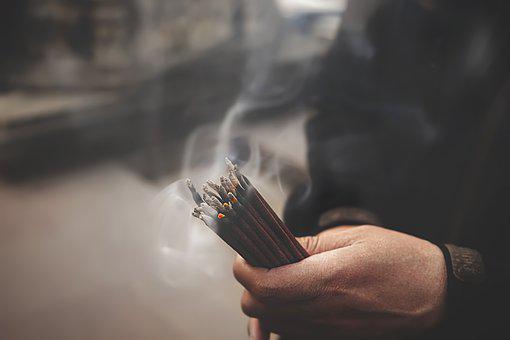“There are no gangsters in paradise”sentenced Coolio when he picked up the Grammy for Best Rap Solo Performance for Gangsta’s Paradise, without a doubt his most famous song. The American rapper and his producer, Doug Rasheed, were so in love with the song Pastime Paradise that they asked Stevie Wonder for permission to sample it, knowing in advance that the legendary musician would forbid them to include a single swearword in his version (that 1976 hit, a reflection on the dialectic between materialism and spirituality, featured a Hare band Krsna). So it was, but Coolio was willing to dispense with that hallmark for the central theme of his second album, an atmospheric and gloomy rap epic starring a young criminal who does not know if he will live long enough to reach the twenty-fourth his birthday. When the producers of Dangerous minds (John N. Smith, 1995) listened to it, they knew immediately that it should be part of their soundtrack: both the song and the movie essentially spoke of the same street desperation.
Directed by none other than the future filmmaker Antoine Fuqua, at the time a promising young man who had already worked with Wonder himself, the video for Gangsta’s Paradise had the collaboration of Michelle Pfeiffer, which did not sit well with Coolio and LV, his guest artist: having the actress from Dangerous minds characterized as his character automatically converted the video into a promotional piece of the movie, something did not fit at all with his initial idea. However, the artist was very pleased with the result when Fuqua showed him a preliminary montage: “He had, thank God, a better vision than mine”, Coolio confessed to rolling stone in 2015. “I couldn’t fully understand her (at first), but I trusted him.”
Released in early August to coincide with the premiere of Dangerous mindsthe video clip of Gangsta’s Paradise it became one of those cultural artifacts so omnipresent within its historical context that today they are remembered as true time capsules: if you want to know what the second half of the year 1995 sounded like, you just have to search for it on YouTube. And, when something is so popular, the eventual appearance of a parody seems almost like a cosmic inevitability. This is where the great “Weird Al” Yankovic comes into this story, as he himself recalls in the oral history of RS: “Given the Gangsta’s Paradise It’s been in the Top 100 for several weeks. Billboard, became by definition the ideal candidate to be parodied. I also liked the fact that it was a rap song, which means it had more words, which usually allows for more jokes to be introduced.”
Yankovic got into the pop parody business from the very first song on his first album, a revision of the mickey by Toni Basil who brought his lyrics closer to the universe of the sitcom I Love Lucy. More than a decade later, the Polka King conceived his ambitious Bad Hair Day (1996) as a kind of coronation: twelve songs that charged against some of the greatest hits of the time, they sarcastically imitated the style of bestsellers like Elvis Costello or The Offspring, they laughed at an Oscar winner –Forest gump (1994), by Robert Zemeckis– and even hid the occasional original composition. When choosing a single, “Weird Al” was clear: Amish Paradisenarrated by a Protestant Anabaptist who recounted his quiet lifestyle with the same exasperated conviction that Coolio brought to his phrasing (hence the joke).
When Gangsta’s Paradise sparked a war between Coolio and… “Weird Al” Yankovic?

